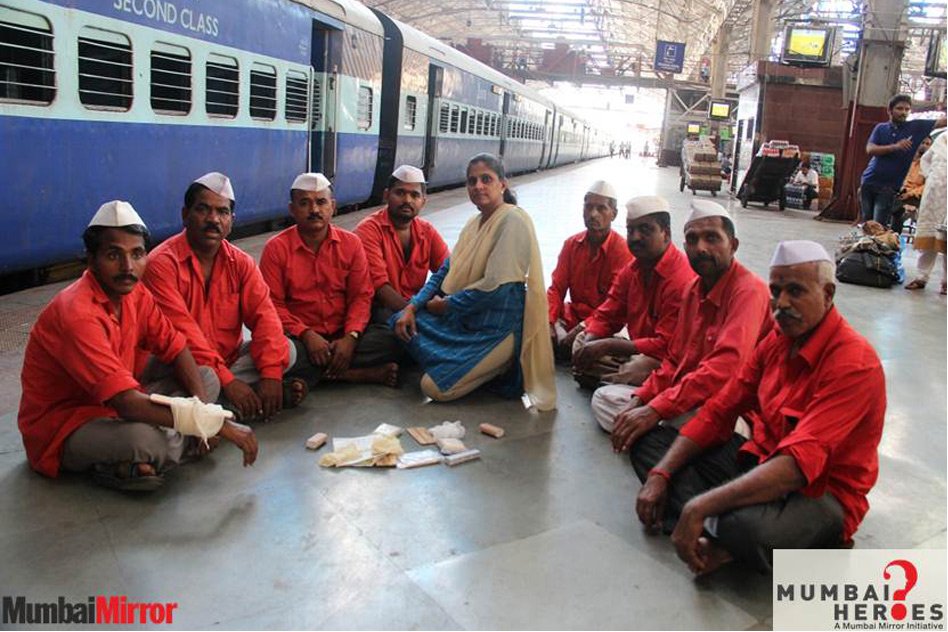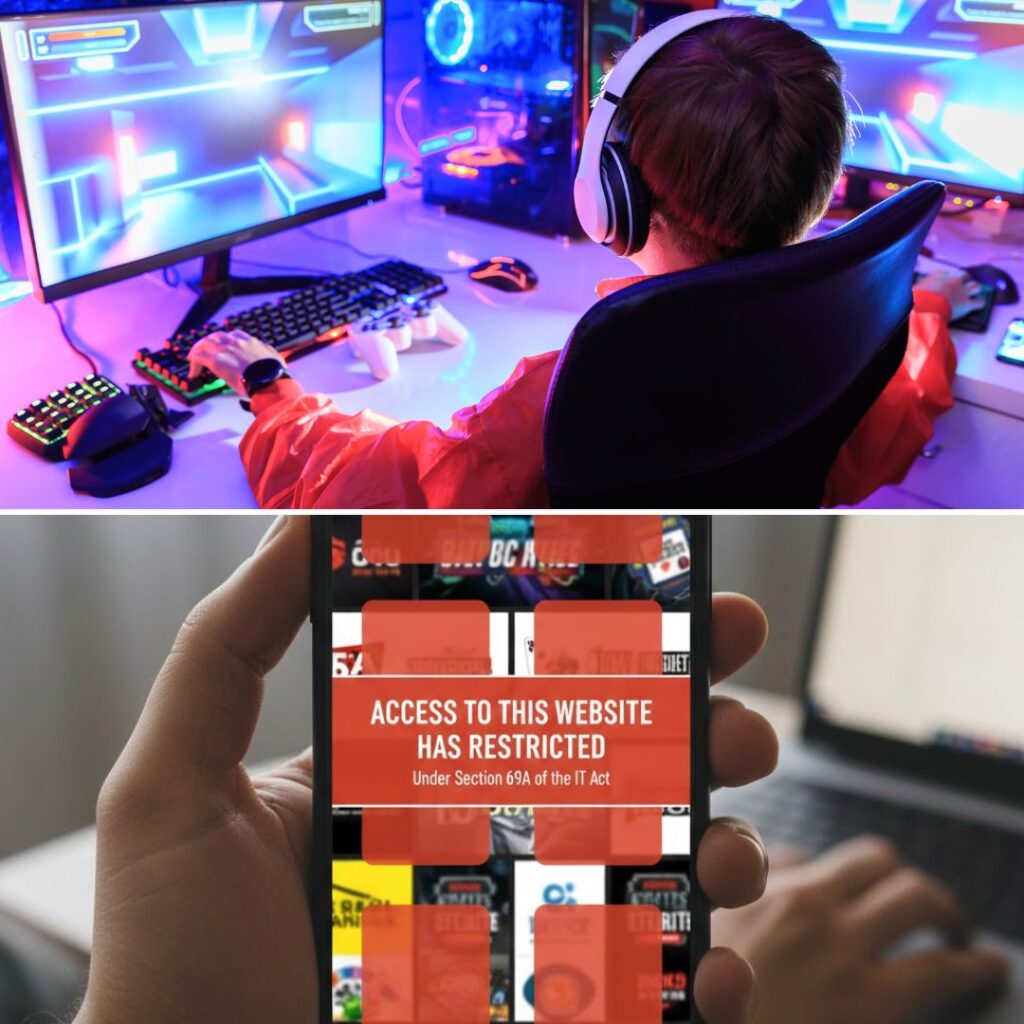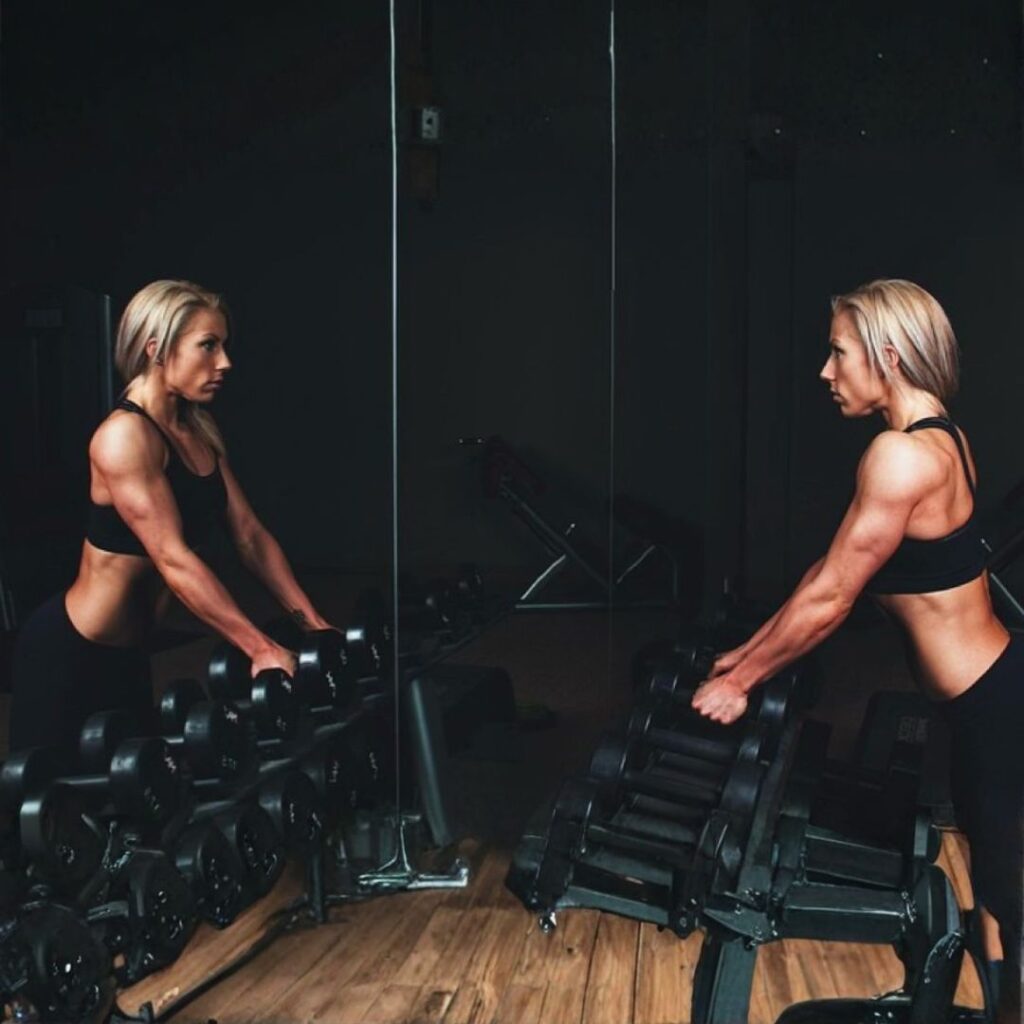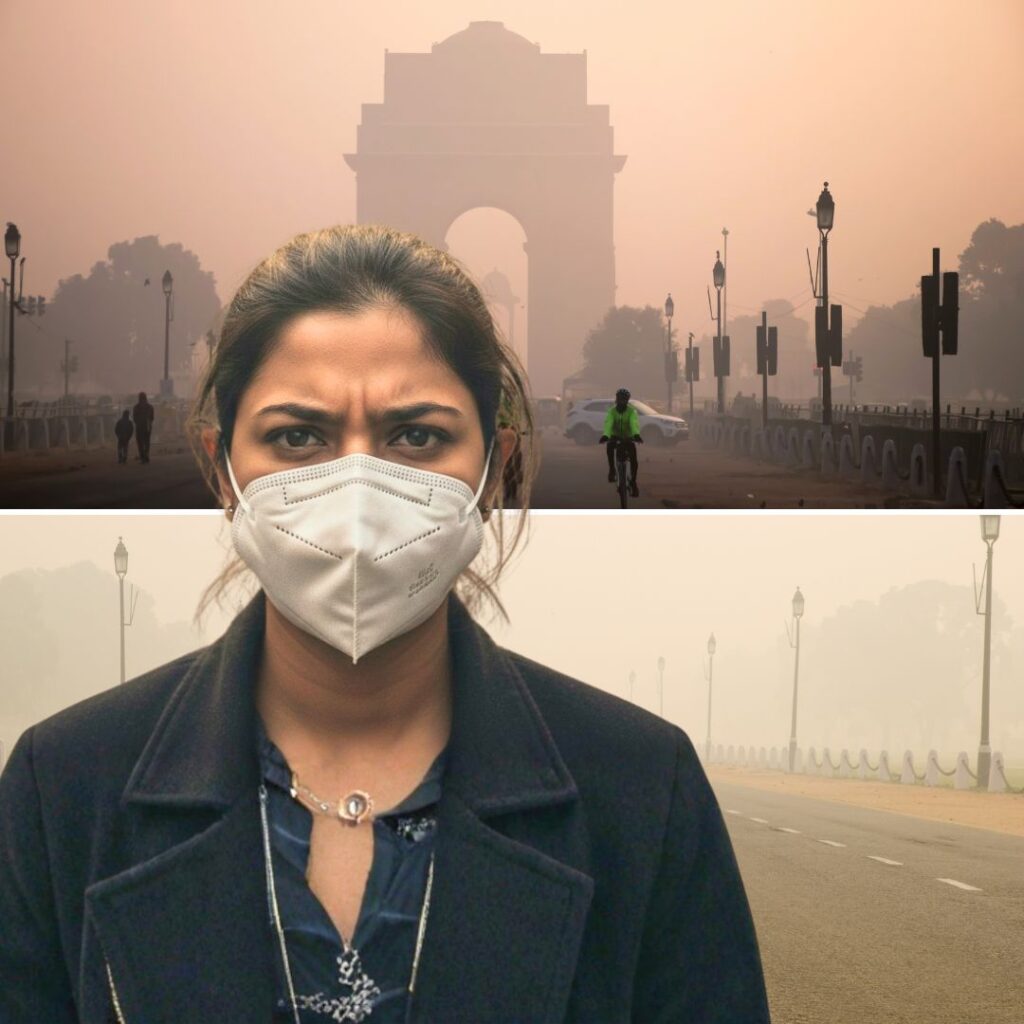This story is a part of the ongoing Mumbai Heroes initiative by Mumbai Mirror. If you know someone who is in Mumbai and is rendering remarkable services to the society, nominate him/her by sending us their stories at [email protected]
Memories of the 2001 Kutch earthquake are clearly etched in Dr Rita Savla’s mind. The memory of a ninemonth-old with amputated legs still sends shivers down her spine. “An amateur helper had tied tourniquets to control bleeding from the baby’s feet despite the fact that they weren’t grievously injured. The tourniquets restricted the blood flow and eventually, the doctors could not save her limbs,” recalls Savla, who was working at one of the medical centres in Kutch as a volunteer back then.
“Altruistic people, who rush to help victims of a disaster, are often lauded for their social work. But the truth is that these unskilled helpers worsen the condition of patients,” says Savla. In order to nullify the dangers of their inexperience, the 46-year-old homeopath now trains Mumbai’s railway police constables, station masters, porters, coolies and shoeshine boys. She teaches them how to handle accident victims better. “We see a very high number of accidents on the railway tracks, so I decided to train those who invariably become the first respondents,” says Savla.
Savla is at the helm of Relief and Awareness for Disaster Management Health Education Environment Foundation. Their succinct tagline effectively describes their intent – ‘Right Help, Early Help’. Since 2011, Savla and her team of seven volunteers have imparted skills to first respondents at all 21 stations on the Western Railway line, from Churchgate to Borivali. At each station, they have trained nearly 30 individuals. They are now looking to cover the Central Railway route next. Given that nearly 10 people are killed and an equal number are injured on Mumbai’s railway tracks every day, the right kind of first aid can help save many lives.
Savla began her initiative to train people in first aid after witnessing the terrible handling of victims during several disasters — the Kutch earthquake, the 2004 tsunami and the 7/11 serial trains blasts. “The injured are lifted haphazardly, dumped in taxis and police vans, held at the site of injury and the blood flow is rarely arrested before rushing them to the hospitals. This is the scene of our disaster sites year after year,” said Savla, adding that she has always wanted to work on a sustainable model for administering first aid during disasters.
From getting permissions of the railway authorities to making sure that porters, shoeshine boys and others turn up for workshops, Savla has had her hands full. Her training includes teaching first respondents the procedures that can stop bleeding and support fractures. She trains them on how to collect amputated parts of the body and on how lift the patient in a manner that isn’t hasty or harmful.
“Every time there is an accident, a station master rushes to the spot with four porters, a government railway police official, a first aid kit and a stretcher. Till we began the training, no one had ever used the first aid kit,” said Savla. Helping spread greater awareness, her daylong workshops include several demos. They focus on reducing chances of long-term disabilities and indefinitely long hospital stays. With an emphasis on timely intervention, Savla and her team have noticed that the response time, which was earlier an hour long, has now been brought down to seven minutes.
Though it is difficult to gauge the impact of their training, Savla’s team recently surveyed doctors in the casualty departments of Cooper, Sion, Bhagwati and KEM hospitals to better understand the condition in which railway accident victims were being brought in. “We were very pleased to hear from the doctors that about 50 per cent of the railway accidents victims were coming with bandaged wounds and splints near suspected fractures,” said Savla.
Savla says that when met with the sight of an accident victim, most porters and station masters would earlier say, ‘bach nahi payega’ (he won’t make it alive).
“No one ever said, ‘let’s give him the right first aid and save his life’. That’s the shift in attitude we are trying to bring in,” she says. The homeopath says that city is in dire need of a system where an amateur is not allowed to touch any victim of disaster unless trained in offering first aid.










